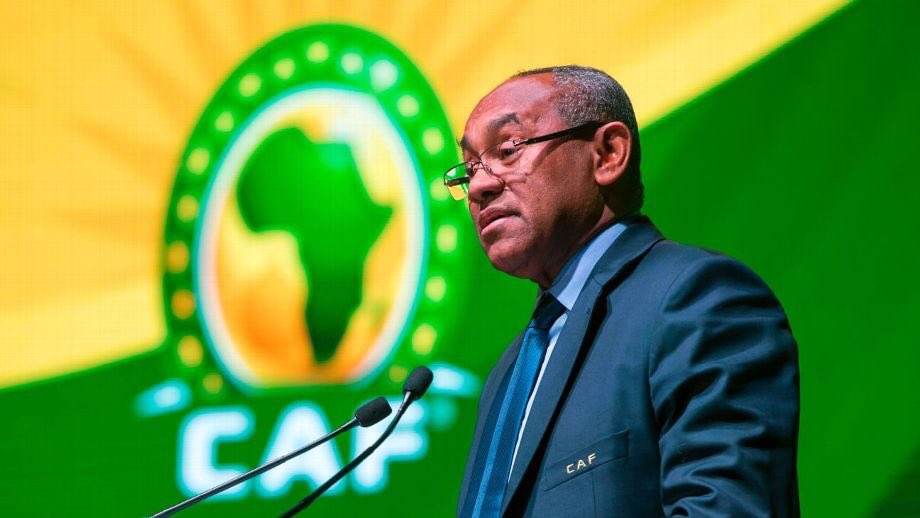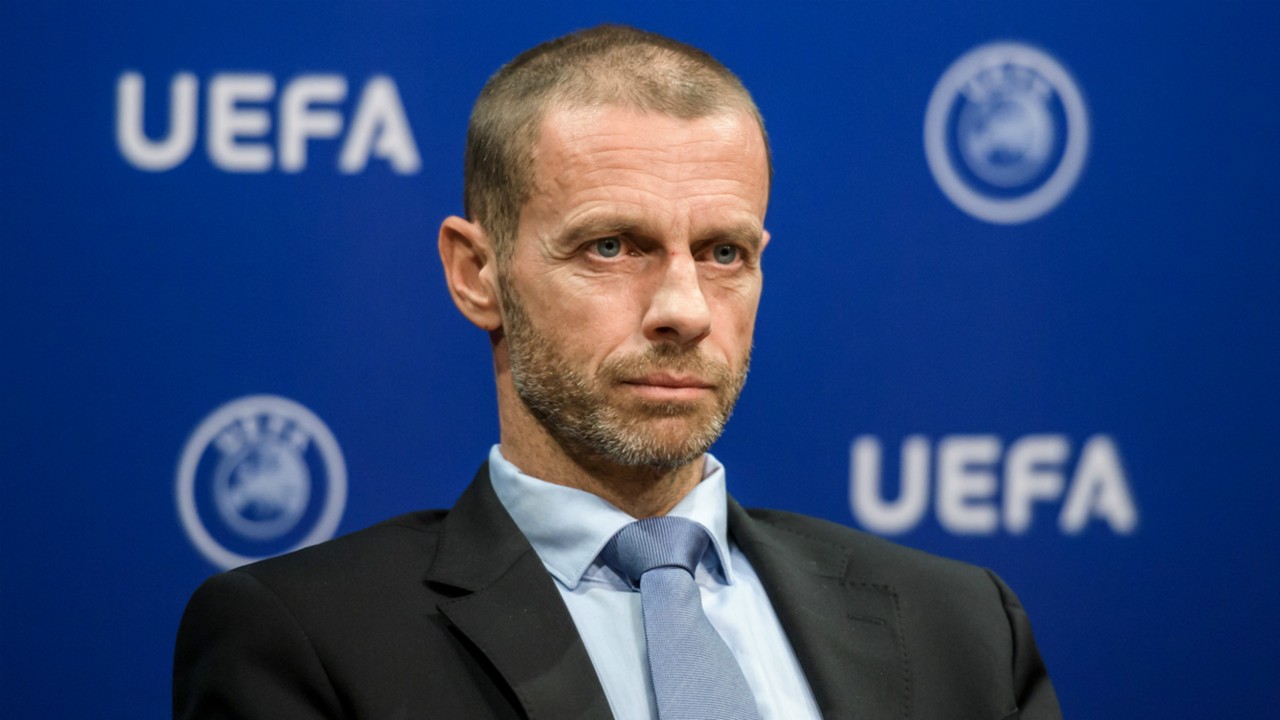
It is a financially wise decision to increase the number of teams participating in AFCON from 16 to 24.
The increase in the number of teams means that the number of games will increase from 32 to 52; providing CAF with 20 extra games for which they can rightly increase what they currently charge brands for sponsorship an increase they will gladly oblige for obvious reasons; increase in reach and duration.
It made a lot of sense. UEFA had tried it with the European Championship and watched as their revenue soar by $1.2 billion in 2016 – the first ever edition of a 24-team European championship.
But what CAF failed to consider – among many other things like the disadvantage of staging the tournament in the summer – was that, whilst you can host a 16-team AFCON with just four world-class stadiums, you need six to host a 24-team event.
And herein lies the problem; which African country can provide this?
In times past, Nations have come together to co-host the tournament, like with Equatorial Guinea & Gabon in 2012 as well as Ghana & Nigeria in 2000; the only times the tournament has been co-hosted in its 61-year history.
As it stands, the chance of this happening is slim, at least for now.
Although Morocco has officially denied any intentions of taking over from Cameroon after stepping in to host the 2018 African Nations Championship (CHAN) that was taken away from Kenya, there is this tittle-tattle, particularly amongst French-speaking nations that Morocco had been scheming for the AFCON against Cameroon as an act of vengeance against former CAF president Issa Hayatou who withdrew their rights to host the 2015 AFCON at the height of the Ebola Virus scare of 2014.
That said, Morocco is not exactly a suitable host for a 24-team AFCON. Yes, Morocco’s failed FIFA World Cup bid positions the North African nation as one that can come in and deliver six World Class stadiums needed to host the tournament seeing as they would have needed not less than 14 to host a 48-team World Cup.
But the grand plan of Morocco was to renovate majority of the existing infrastructure and build some new ones too. In essence, they do not have what it takes to host the tournament.
Neighbours Egypt have now come forward with a plan of their own, sadly, it is highly unlikely that Egypt will be considered to host the tournament. And here’s why.
For six years Egyptian Premier League games have been played behind closed doors following the gruesome events of Port Said in 2012, where 72 football fans died in the stadium during a league game involving Al Ahly and Al Masry.
It was only a few months ago that the Egyptian sports ministry lifted the blanket ban on fans but setting a limit of only 5,000 fans for league games and 20,000 during international games.
In 2015, authorities tried to lift the ban but immediately reimposed it after 20 Zamalek fans died following riots outside Cairo Stadium ahead of the match against Enppi. This borders on security at match venues in the country.
Again, if Egypt can’t fix local security issue within the country, why should CAF turn a blind eye and risk everything on Egypt?
With barely six months to the frontline event of the football governing body, the hosting turmoil remains a perpetual issue they must desperately seek a solution to – among other problems staring Ahmad Ahmad in the face.
As it stands, SouthAfrica is the only country who have the ready-made infrastructure to host a befitting maiden 24-team AFCON and it is estimated that each hosting nation might require to spend $10 million to execute the project; luckily for CAF, South Africa can afford that. And all of these will only make the decision easier to reach.
With the economic state of most African nations, it is hard to think that many will invest in sports infrastructures just to be in pole position to win AFCON hosting bids, a critical spot that leaves CAF with few contenders going forward; either the rich countries like South Africa, Nigeria, Morocco, Algeria, Angola et al, consistently bid and rotate hosting for the foreseeable future, or CAF will be in a difficult spot.
Here, I highlighted why rushing the decision to expand AFCON was a bad idea.
In hindsight, this hurried decision to expand AFCON so soon must worry CAF executives.









